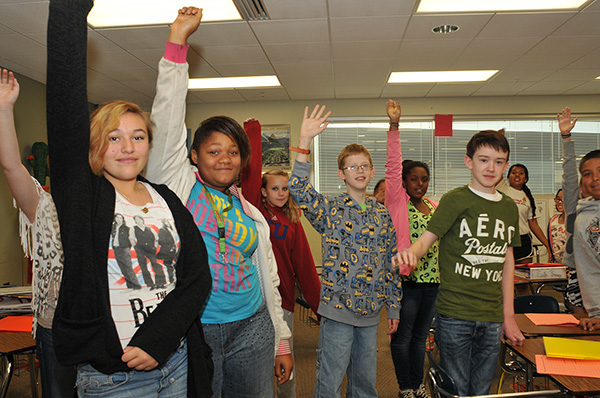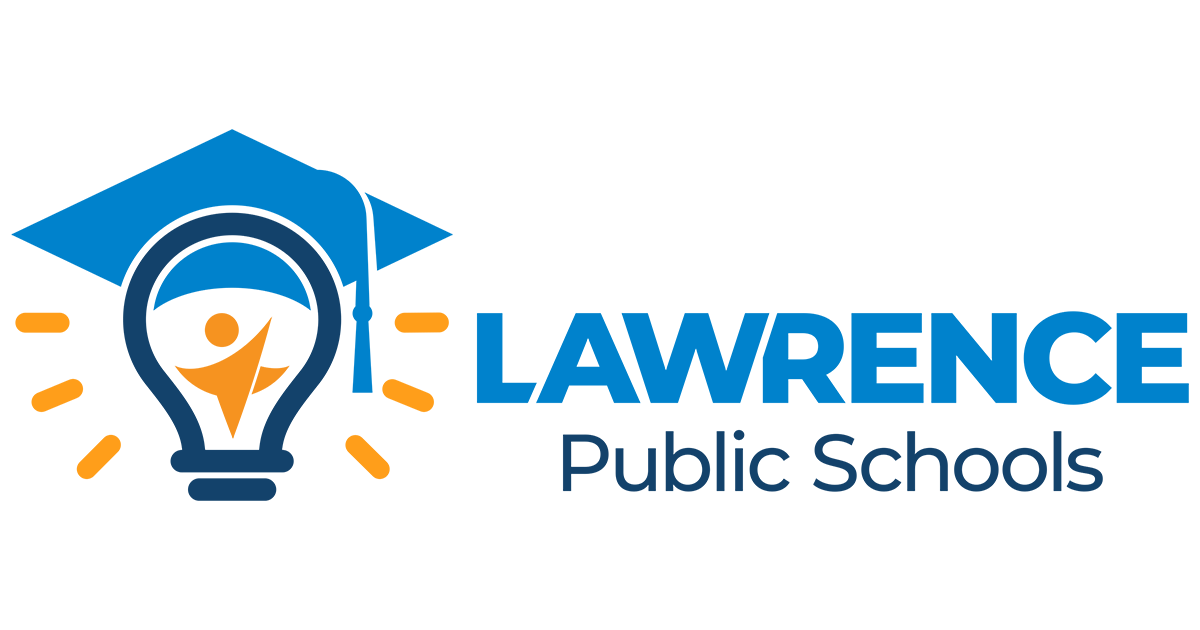Improving Social and Emotional Learning and
School Culture in Lawrence Public Schools
Lawrence Public Schools (LPS) is committed to educating the whole child and providing strategies and frameworks that not only improve academic achievement but also enhance social and emotional learning and general health and wellness for all students.
LPS has incorporated Comprehensive, integrated, three-tiered (CI3T) models are data-informed, graduated systems of support constructed to address academic, behavioral, and social domains.
The goal of these frameworks is to support all students in inclusive environments by maximizing available expertise via professional collaborations among school personnel. This model provides school-site leadership teams to consider students’ multiple needs simultaneously in an integrated fashion.
Over the last several years, increased attention has been devoted to tiered systems of support that are integrated or blended approaches to meeting students’ multiple needs. In fact, Michael Yudin (who is the Assistant Secretary for the Office of Special Education and Rehabilitation of the United States Department of Education) gave a presentation at  the Positive Behavior Intervention and Support (PBIS) implementer’s forum in which he encouraged educational systems to “pay as much attention to students’ social and behavioral needs as we do academics”. He emphasized it was very important for students to get the academic, behavior, and social supports they need as the students with greatest need are often missing the most instruction
the Positive Behavior Intervention and Support (PBIS) implementer’s forum in which he encouraged educational systems to “pay as much attention to students’ social and behavioral needs as we do academics”. He emphasized it was very important for students to get the academic, behavior, and social supports they need as the students with greatest need are often missing the most instruction
George Sugai (a National leader in the field of PBIS) also emphasizes the importance of integrating academic and behavioral domains at each level of prevention – including at the schoolwide level. For example, Sugai described a well-designed, blended model in which formal school-wide instruction in social skills using validated curricula, strategies, and practices could provide the foundation for not only teaching these skills to all students but also incorporating social skill instruction and practice during academic instructional activities (e.g., cooperative learning groups) as part of regular school practices.
By teaching social skills, conflict resolution skills, and self-determined behaviors in a blended model, students have the opportunity to acquire and build fluency in skill sets needed to negotiate relationships with teachers and peers in the school setting and to facilitate instructional processes (Walker et al., 2004). In addition, these are the very skills students need to be successful beyond the school walls in interpersonal relationships with friends and loved ones, in professional relationships with employers and colleagues, and in a host of more causal relationships in the community.
Connect with Kids is the curriculum that helps us to deliver the “social” component of our CI3T plan to students. Through our CI3T plan, we are working to approach behavior and social skills in the same way we do academics using a philosophy that is instructional, data-driven, and includes evidence-based resources.
In order to select a social skills curriculum, Lawrence public schools used a decision-making process that involved multiple and varied stakeholders. CI3T teams, consisting of teachers, administrators, parents, and students, worked in collaboration to explore a variety of evidence-based curriculums and develop a small list of recommendations. These recommendations were reviewed by middle school and high school administrators in collaboration with district administrators and the Connect with Kids curriculum resource was chosen.
